
Independent Media
Independent media plays a vital role in strengthening democracy by producing widely accessible information free of institutional bias, promoting transparency and accountability, and raising awareness against authoritarianism. IRI supports media development so citizens have access to accurate and timely information.
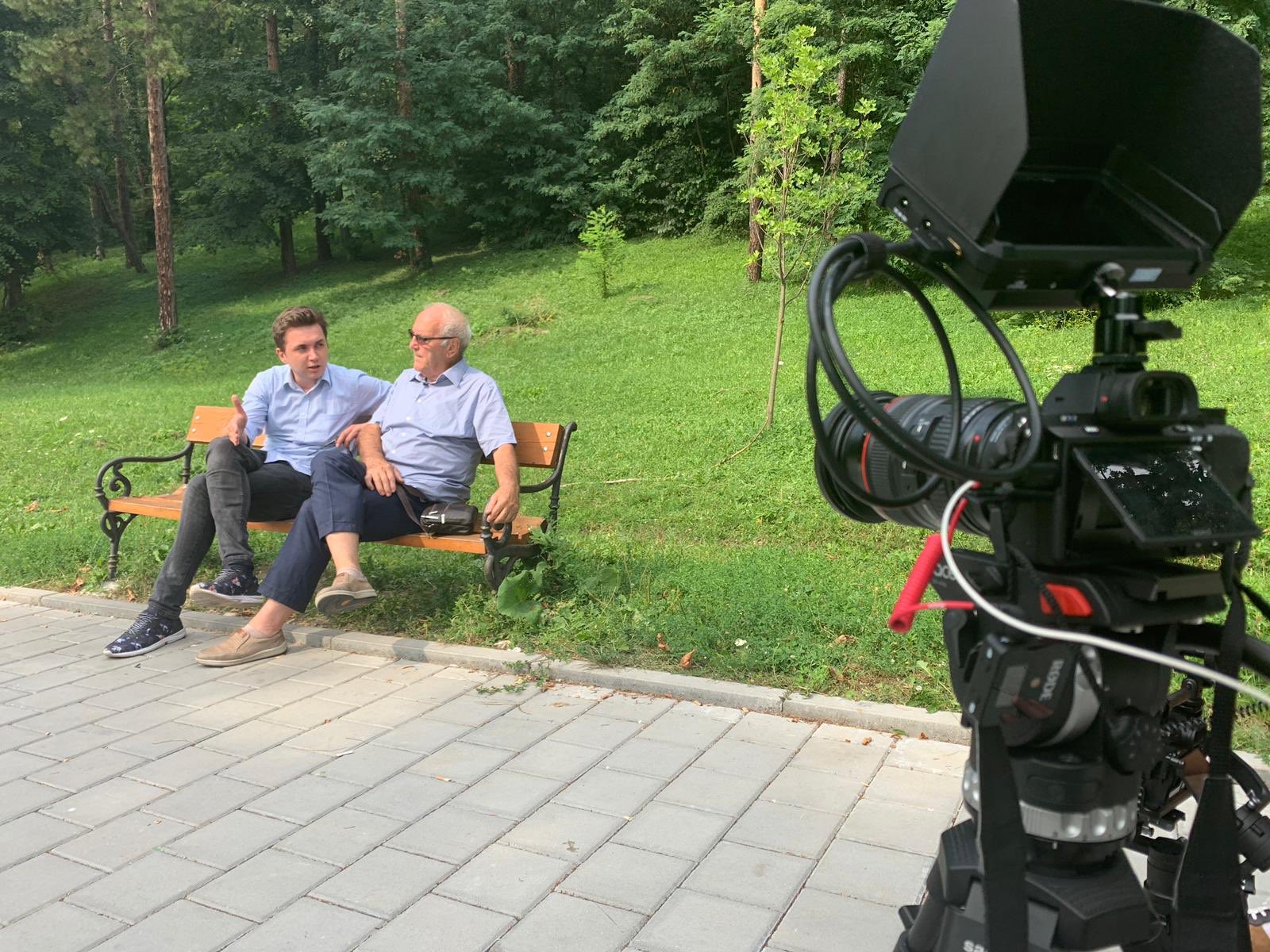
Independent media plays a vital role in strengthening democracy by producing widely accessible information free of institutional bias, promoting transparency and accountability, and raising awareness about authoritarianism.
Citizens rely on accurate information via independent media in order to understand the world, engage in politics, and make informed decisions. IRI supports media development by training independent journalists on basic reporting techniques, investigative research, media ethics, and physical and digital security. IRI also provides support to independent news outlets to bolster their marketing and business development strategies and help create links between independent media outlets to expand their outreach, revenue, and financial sustainability.
IRI supports civic education designed to improve media literacy and critical thinking skills. IRI also trains activists and youth groups in citizen journalism, so that they can report and disseminate independent news through social media and online channels. IRI focuses on audiences by doing media literacy training and works with independent media outlets on their traditional and digital distribution plans and acts as a conduit between local journalists, news consumers, and global social media platforms.
Information Integrity
IRI’s two-pronged approach to information integrity focuses on increasing the availability and distribution of accurate, reliable information and reducing the impact of misinformation and hate speech. IRI helps democratic activists and leaders best respond in their local contexts; IRI then supports scaling and sharing these best practices globally. IRI works to minimize disinformation and hate speech through political party training and social media monitoring to inform platforms, policies, and education initiatives. IRI also supports a wide range of media outlets and civil society organizations (CSOs) to produce and disseminate impartial news and respond to disinformation through a network of online, print, and social media outlets.
In addition, IRI creates joint programs between the world’s leading disinformation researchers and local, country-focused researchers to expose global threats to information integrity. IRI also designs digital ethics pacts that limit the use of misinformation in political campaigns and runs cybersecurity, digital safety, and information security information sessions for everyone involved in the democratic process.
Citizen Journalism
IRI believes that citizen journalism is important because it allows people to participate in democracy-building and accountability in their communities. IRI provides training to CSOs, democratic activists, and young people on the tools and techniques necessary to capture and share important stories. Citizen journalists can also spark dialogue on the content they produce, strengthening communities’ democratic participation.
Open Data and Investigative Journalism
In many countries entrenched corruption, weak media and civil society oversight, and poor access to public information allow transnational criminal organizations to flourish. Journalists’ ability to investigate corruption varies considerably within and between countries. Reporting on corruption can be dangerous; reporters often face threats while investigating and publishing their findings. Reporters working in such environments need comprehensive training on investigative journalism, the sociology of corruption, and digital and personal security.
To improve accurate reporting on corruption, IRI relies on training and exchange programs to strengthen journalists’ and media organizations’ investigative skills. IRI also supports the development of a transnational network of journalists and civil society leaders who can help each other push for better government accountability. IRI is doing just this sort of skills building in Latin America, including in Mexico, Guatemala, and Panama.
Multi Modal Media Awareness
Over the years the role of conventional media has increasingly narrowed in scope, as digital and web-based platforms gain popularity. The growth of different forms of media presents its own challenges and opportunities for democracy and development. IRI works with young people and marginalized populations to teach them how to use digital tools and platforms to tell their own stories. IRI’s Digital Storytelling training provides instructions on building an audience, doing interviews, editing, and promoting completed work.
IRI works with a wide range of partners to make sure that technology plays a responsible role in citizen engagement by creating channels for the democracy community to share observations and concerns with the technology industry. To that end, IRI works with social media platforms and other tech companies to promote the needs and perspectives of democracy activists and democratic governments.
Technical Experts

Utpal
Senior Governance Manager, Center for Global Impact
Brett
Sidelinger
Resident Program Director, Maldives
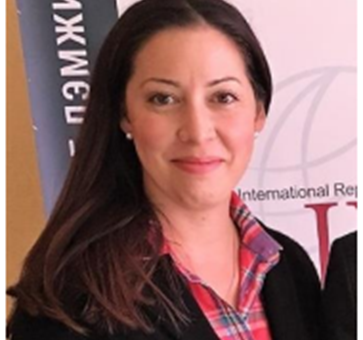
Jessica
Keegan
Senior Advisor, Electoral Integrity

Horacio Marcelo Quiroga
Salas
Regional Program Director, Caribbean
Latest News

Ensuring Information Integrity Through Chaos Amids…
On June 25, 2023, results of the first round of Guatemala’s general elections surprised onlookers as Bernardo Arévalo from center-left…

Combatting COVID-19 Disinformation in Armenia thro…
A massive flow of disinformation on COVID-19 vaccines has led to significant vaccine hesitancy among Armenia’s population. This, in turn,…

HDP Alumni Profile: Shpresa Veliqi, Kosovo…
The House Democracy Partnership (HDP) is a bipartisan commission of the U.S. House of Representatives that works directly with 22…

Proof is in the Papers – Democracy as the Best Def…
On October 3, 2021, the International Consortium of Investigative Journalists (ICIJ) released the Pandora Papers, a multi-year investigation into nearly…
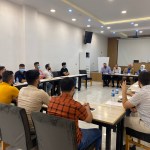
Iraq Decides 2021: Citizens’ Views and Concerns…
With Iraq’s next parliamentary elections scheduled for October 10, this five-part series highlights the critical voter education and mobilization work…
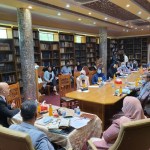
Iraq Decides 2021: Citizens’ Views and Concerns…
With Iraq’s next parliamentary elections scheduled for October 10, this five-part series highlights the critical voter education and mobilization work…

In Focus: Ira Sobeukum
In the early 2010s, Abi Yerusa “Ira” Sobeukum was reassessing her position within East Nusa Tenggara’s sociopolitical scene. On one…

A New Economic Policy in Cuba is Hurting Private W…
Five months after Cuba implemented a new economic reform called “The Ordering Task,” the financial situation of Cuba’s cuentapropistas, or…

Challenges Build for the Next Government as Bulgar…
Can street protests against corruption develop into meaningful electoral changes? Like other countries with political corruption but political party fragmentation,…

HDP Alumni Profile: Ana Lilian Vilela Montenegro, …
The House Democracy Partnership (HDP) is a bipartisan commission of the U.S. House of Representatives that works directly with 21…
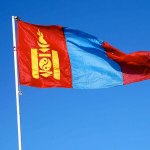
Celebrating Three Decades of Democracy in Mongolia…
On January 13th, Mongolia marked the 30th anniversary of its first democratic constitution. A communist country for most of…

Embracing “Art-ivism”: How Creativity is Shaping D…
In October, Bangladeshis took to the streets to condemn an increase in gang rape and call for equal rights for women across…